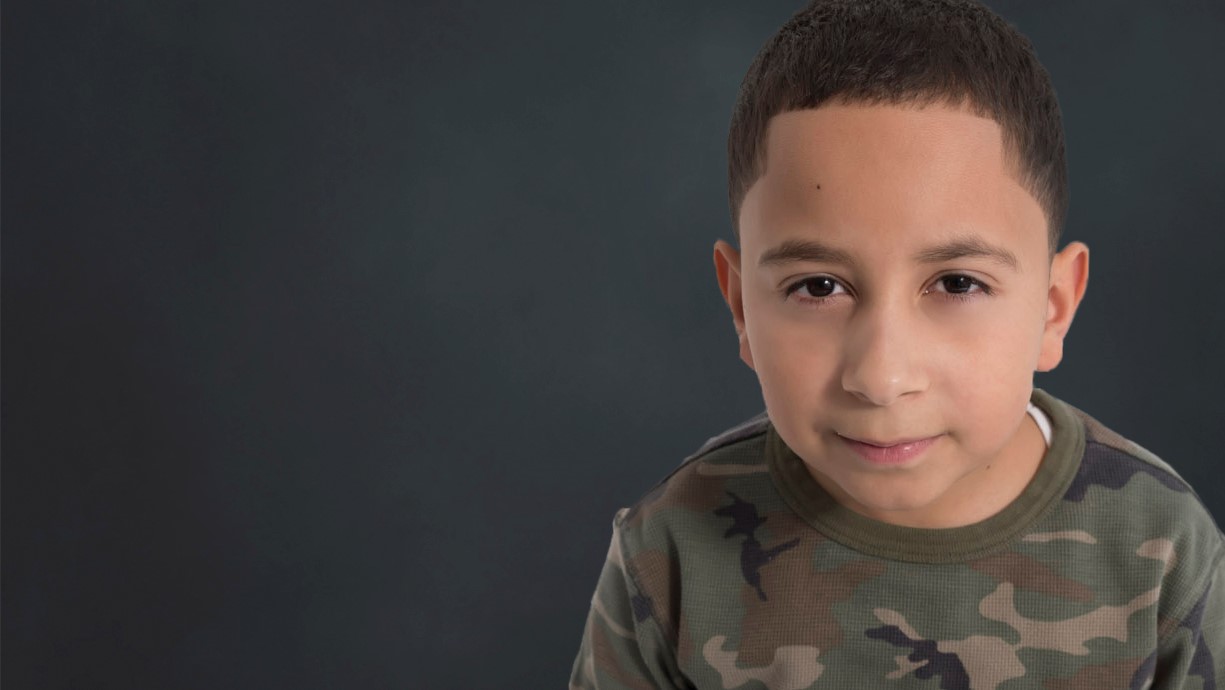

Stuttering is a complex and often-misunderstood communication disorder that can cause interruptions in a person’s speech. Children who stutter often have feelings of guilt, shame, anxiety, or discomfort about their speech.
SAY was founded to help support these children and the world around them. We help children understand that every voice matters—even if you stutter.
Stuttering is not easy to define, because it looks very different in each person, and can even change over the course of a person’s lifetime. As many as 5% of young children stutter, and approximately 1% of all people—that’s 70 million people!
Although no two people who stutter are exactly the same we can generally understand stuttering in three connected parts:
Each person who stutters will have different surface behaviors and different degrees of difficulty with their speech. But it is important to recognize that stuttering is much more than what we can see and hear.

Many factors contribute to stuttering as a child develops. The most up-to-date research says that stuttering has a genetic link. This can result in a person having small differences in how his or her brain is organized for speech and language. Other contributing factors may include the child’s temperament, emotions, and language development.
“But it is important to know that stuttering is nobody’s fault. Stuttering is not caused by anything parents do. And core stuttering behaviors are involuntary, which means that they cannot always be controlled. Many people find ways to work around or minimize the impact of their core stuttering, while speech therapy and support groups can play a role in helping individuals to better understand their speech. But it is different for everyone.”
Be yourself, and give the other person as much time as they need to speak.
Remember—the ONLY difference between a person who stutters and a person who doesn’t is that the person who stutters may need some extra time to talk.
Review our Listening Tips for more thoughts on how to support people who stutter of all ages.
Stuttering cannot be “cured” like a disease or illness and there is no known medication to treat stuttering.
However, speech therapy and support groups have been shown to help children who stutter reduce the negative impact of stuttering on their lives. Young children (typically age 2 ½ to 6) often see reduced stuttering behaviors as they continue to grow, and it is thought that early intervention speech therapy makes a difference.
You and your child are not alone. Although it may be scary or intimidating to learn about stuttering, it is important to know that there are many professionals who are able to help and a community of families and people who stutter who are willing to share their stories.
Each child has different needs when it comes to addressing stuttering. We want to help you find the perfect SAY program(s) to meet your child exactly where they are right now. Feel free to submit an Inquiry Form, or reach out directly using the contact information below: